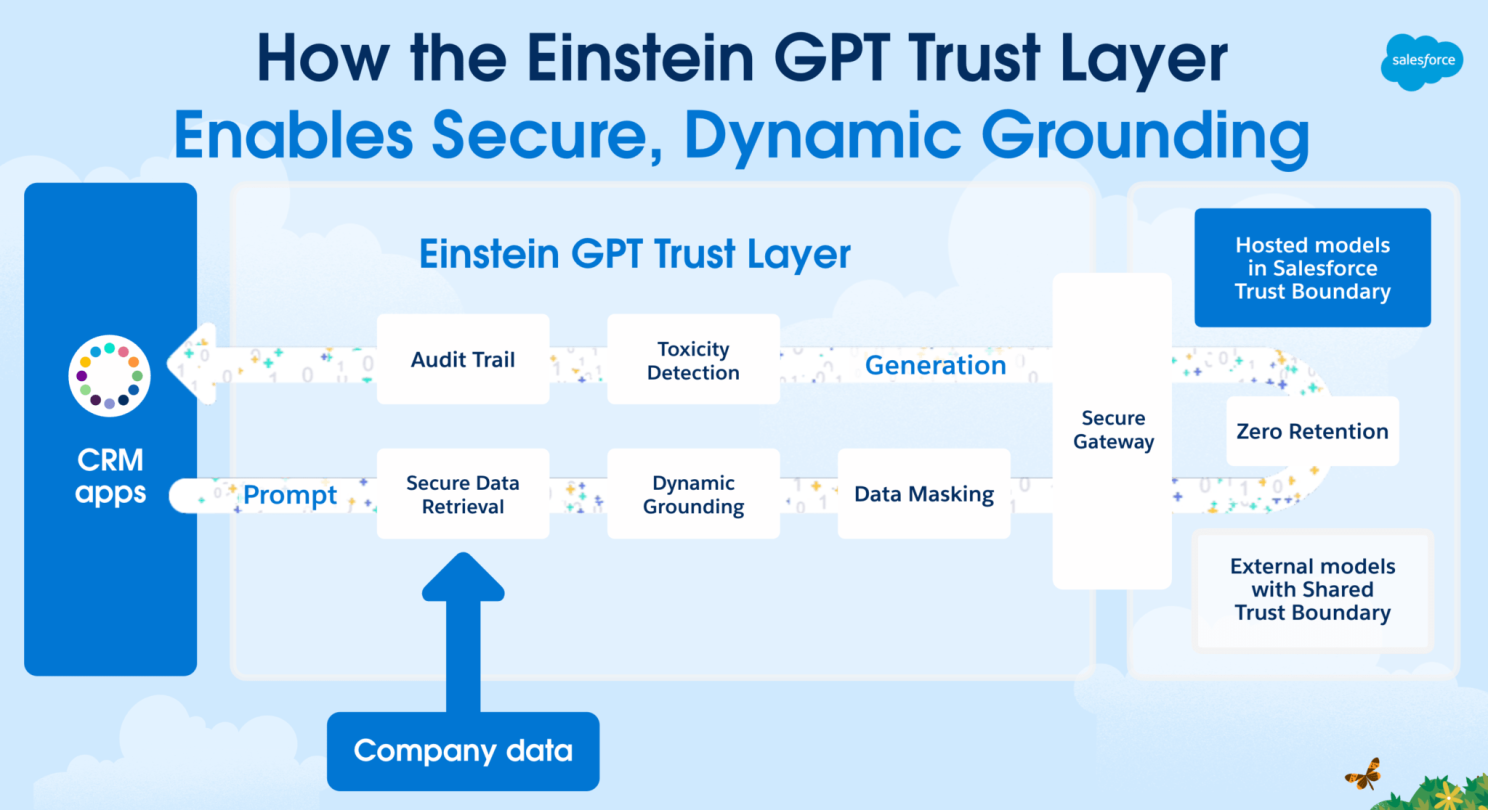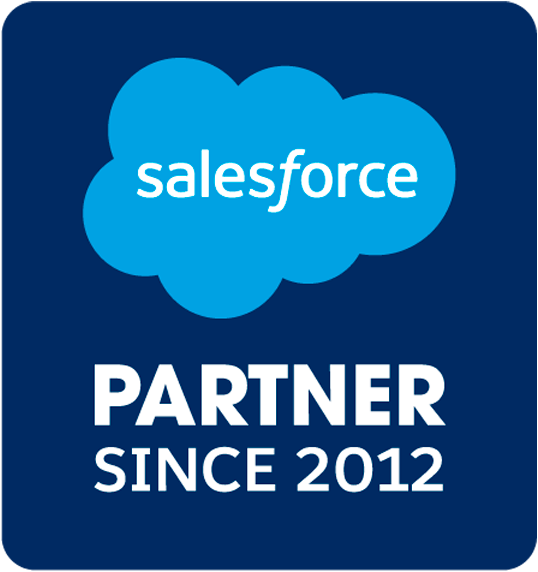Welcome to the second part of my "Introduction to AI and How It Impacts Your Salesforce Strategy" series. The goal of this series is to assist organizations that are in the initial stages of defining their AI strategy, help them navigate the wealth of information available on AI and Salesforce, determine which features will offer the most value for their organization, and outline the necessary steps to position themselves effectively for feature utilization.
If you haven't had a chance to read the first part of this series, I highly recommend it. It covers a high-level overview of what AI is, whether you should be concerned about AI, and some of its key applications.
This article will focus on the history of AI within Salesforce, highlight the different branding/marketing of AI within Salesforce, and how organizations can think about the various buckets of AI within Salesforce.
The History of Salesforce Einstein
Salesforce made the announcement in mid-September of 2016 that AI-driven features were making their way into the Salesforce platform. These overarching AI features were branded as "Salesforce Einstein" and promised to bring the power of artificial intelligence into "sales, service, marketing, and more." At that time, Salesforce also highlighted its new Salesforce Research Group, which focused on accelerating AI innovation.
The first Einstein-driven features were delivered in the Spring '18 release in the form of embedded app components such as Einstein Opportunity Scoring, Einstein Activity Capture, and Einstein Lead Scoring and developer tools like Einstein Vision and Einstein Language. Einstein Opportunity and Lead Scoring were great examples of using AI for generating predictions (as highlighted in post one), and Einstein Vision and Einstein Vision were great foundations for future generative, categorization, and classification use cases.
Since then, Salesforce has continued to launch additional Einstein features largely categorized by the "app" they belonged to (e.g., Einstein for Sales, Einstein for Service, Einstein for Analytics, Einstein for the Lightning Platform, etc.).
Introducing Einstein GPT
Capitalizing on the sophistication of commercially available generative AI models like ChatGPT, created by OpenAI, Salesforce introduced "Einstein GPT" in March 2023. Einstein GPT allows organizations to auto-generate AI content right within the Salesforce platform. We will delve into the specific Einstein GPT features in a later blog post, but by harnessing Salesforce's private AI models and OpenAI's ChatGPT, organizations can now leverage natural-language prompts directly within Salesforce CRM to produce AI-generated content that evolves and adapts to changing platform data. This can save end-users significant time, as they no longer have to manually create content, such as outbound emails, chats, knowledge articles, etc.
Salesforce created the "Einstein GPT Trust Layer" to ensure that organizations can be confident that their data remains safe and secure while taking advantage of public generative AI models.

Some of the key security features in this layer include data masking, which allows Salesforce to strip all PII data from prompts using data masking tools, ensuring that sensitive data is never processed by the LLM, and zero retention data, which ensures that your data is never stored outside of Salesforce. Once the LLM processes your prompt, the prompt and the generation are forgotten.
The Categories of AI within Salesforce
At this point in time, AI is embedded within almost every cloud or product that Salesforce offers. I like to categorize the different aspects of AI within Salesforce into four core groupings (please note that this is just my personal way of categorizing things, and others may choose to categorize them slightly differently):
- App-Specific AI Features - These are often referred to as "Einstein for [Insert Cloud Name]." For example, you have Einstein for Sales, Einstein for Service, Einstein for Analytics, Einstein for Commerce, and so on. These collections of features are specific to certain clouds. For instance, Einstein Opportunity and Lead Scoring are part of Einstein for Sales.
- App-Specific Generative AI - These features typically include "GPT" in their branding and are also grouped by the cloud or product they are related to. For example, you have Slack GPT, Marketing GPT, Commerce GPT, and so on. "Einstein GPT" is the overarching branding for all generative features within the Salesforce platform, but you can think of the cloud-specific GPT features as a subset of the broader Einstein AI features. For instance, Sales GPT is a subset of Einstein for Sales. Another way to understand these groupings is to follow how release notes are organized. If you look at this link, you'll see that the "Personalize Sales Emails" feature is part of Sales GPT, which is in the Sales Cloud Einstein section.
- Platform AI Features - These are AI-powered features that are platform-oriented and not specific to a particular cloud. Examples of such features include "Einstein Search" and "Einstein Prediction Builder," often referenced as part of "Einstein for the Lightning Platform."
- Intelligence - The branding of "intelligence" is relatively new and gained prominence in the Winter '24 release. These tend to also refer to features grouped by specific clouds. For instance, "Service Intelligence" relates to Service Cloud. These groupings of features often combine elements of analytics and Einstein-oriented features.
In Conclusion
Now that we have an understanding of the history of AI within Salesforce and the different marketing and brandings of AI within Salesforce, we will start to break down and focus on key AI features and groupings in future posts.
In my next post, I'll highlight some of my favorite features in "Einstein for Sales" and "Sales GPT" and discuss the key items organizations need to be aware of in order to capitalize on those features.




